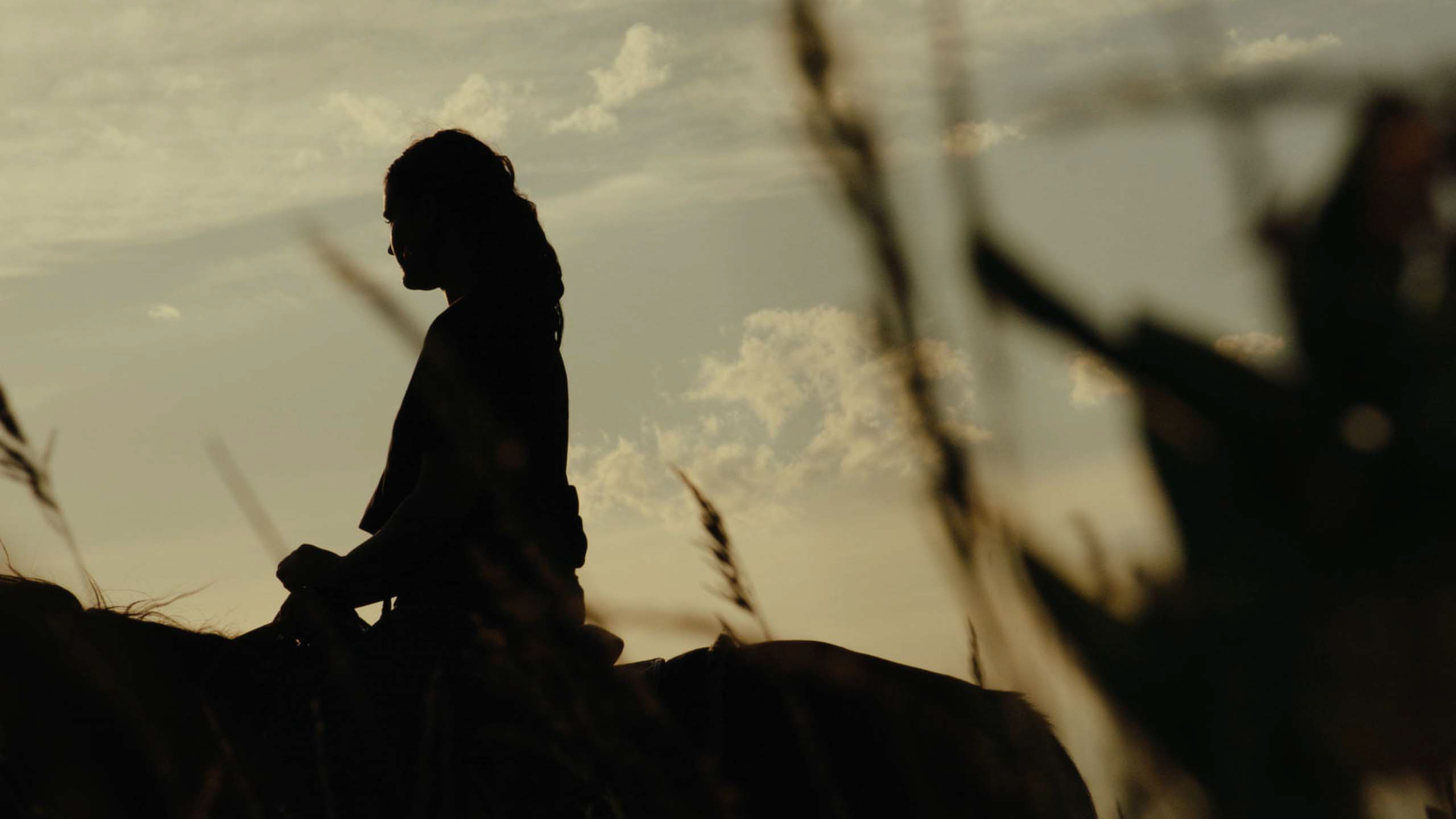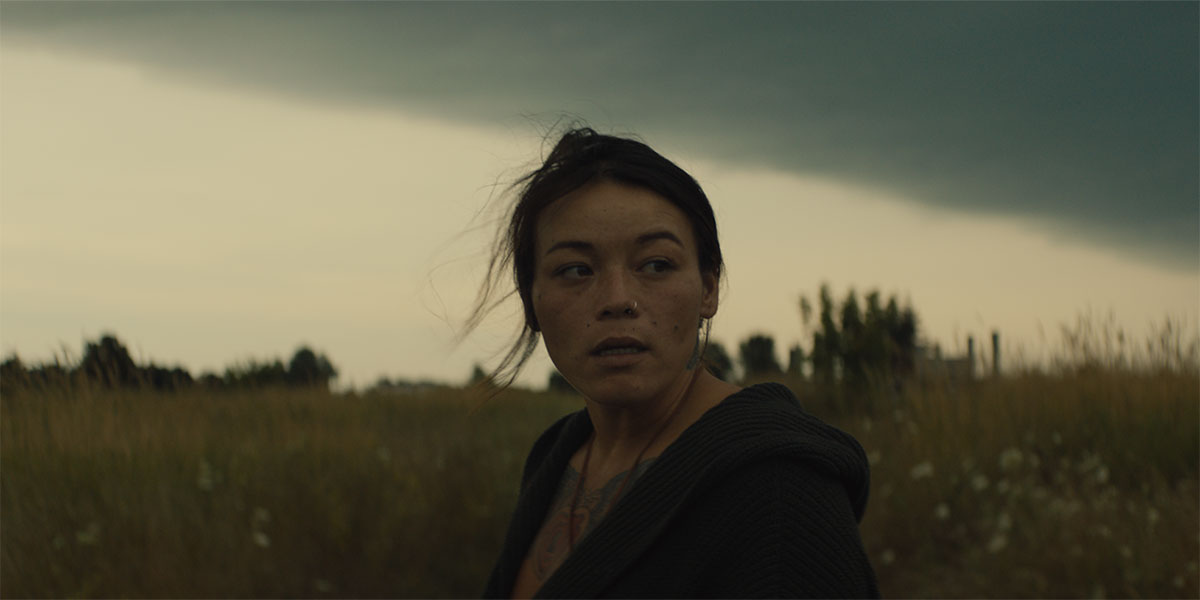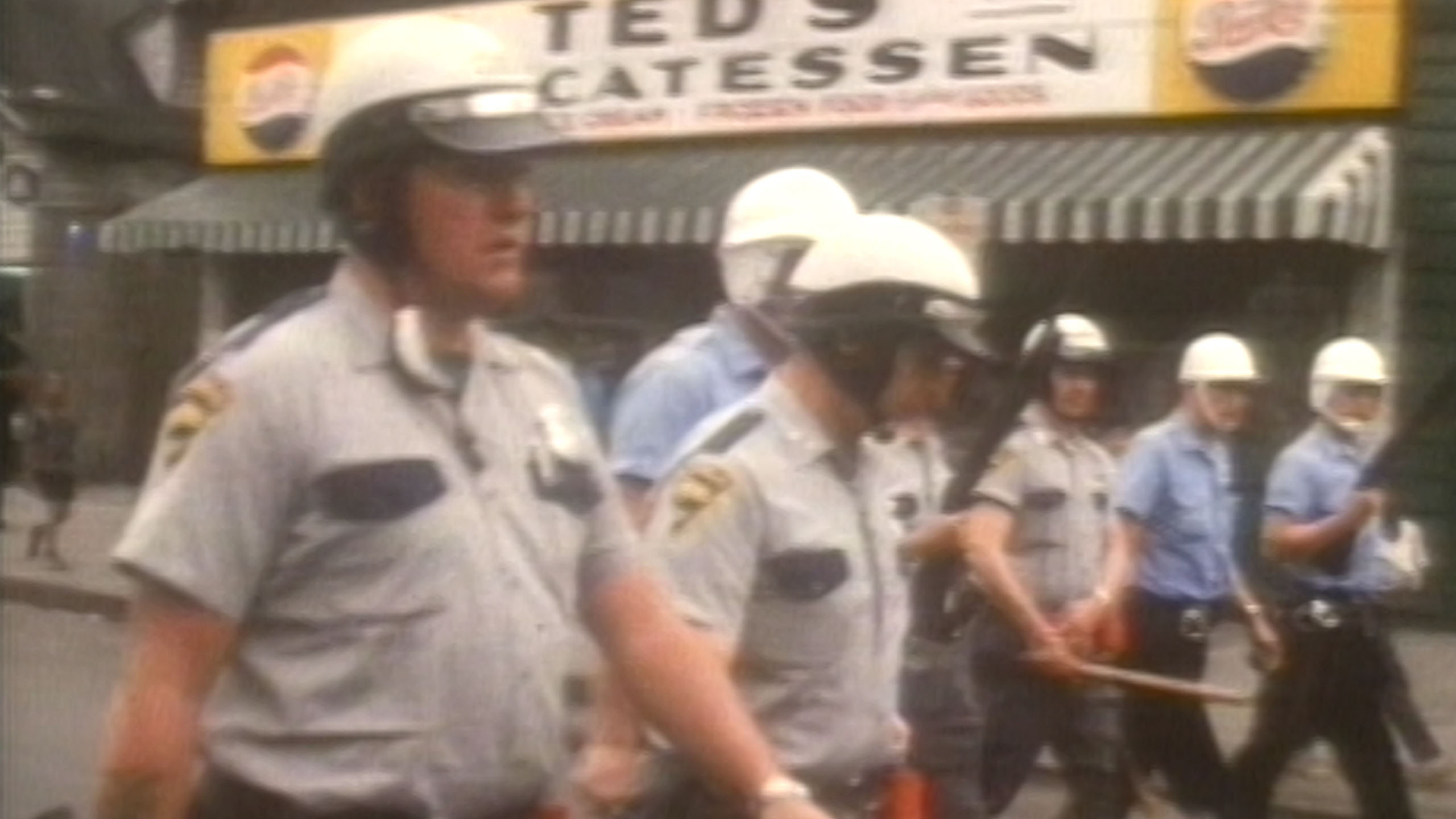Alexandra Lazarowich, whose short doc Fast Horse earned a Special Jury Award for Directing at the 2019 Sundance Film Festival, returned to Park City this year with another short doc that featured horses.
Co-directed with Ross Kauffman, who won an Oscar for 2004’s Born into Brothels, dêtetsi vo’i oninjak Winding Path follows Jenna Murray, an Eastern Shoshone medical student as she reflects on her relationship with her grandfather, a horse rancher on the Wind River reservation, and how he was integral to her path to enter the medicine field.
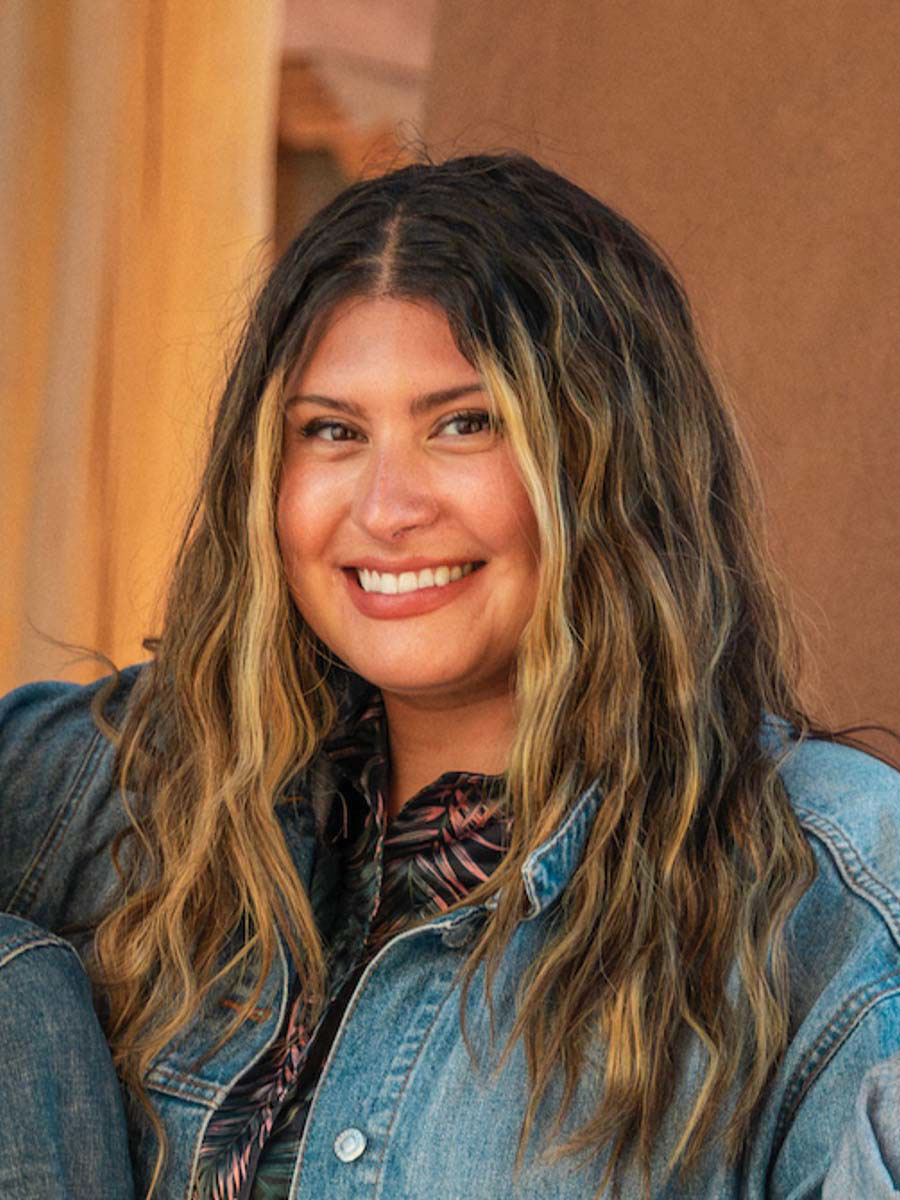
“The horses, they come to me,” says Lazarowich by phone, while laughing. “I’m covering the horse market really well and I’m excited to see what other horse projects are in my future.”
The 10-minute documentary brought Lazarowich, who is Cree from Northern Alberta, to the Wind River reservation in Wyoming, a community shared by both the Shoshone and Arapaho people. Winding Path centers on Murray, a second year University of Utah medical student who describes idyllic childhood summers at her grandfather’s ranch. In interviews, set to melodic windchimes, Murray pinpoints her interest in medicine stemming from watching her grandfather Larry expertly stitch up an injured horse as a young girl. She excitedly tied the knot for him, and he told her dad that they’ve got a surgeon on their hands.
Through a mix of Murray’s narration, old photos, and shots within the stable, the story of her grandfather’s death unfolds. His minor heart attack was fatal, and she believes it wouldn’t have been if he’d received healthcare sooner. Equating it as a choice between living on tribal lands, or having access to quality healthcare, the health disparities can be the difference between life and death.
Winding Path is the fourth film in University of Utah Health’s ‘New Narratives in Health’ series, and this one was made in partnership with Native American Summer Research Internship (NARI) program. Kauffman had been director of the previous three films, and on this doc, Lazarowich was able to collaborate with him in a meaningful way, she said.
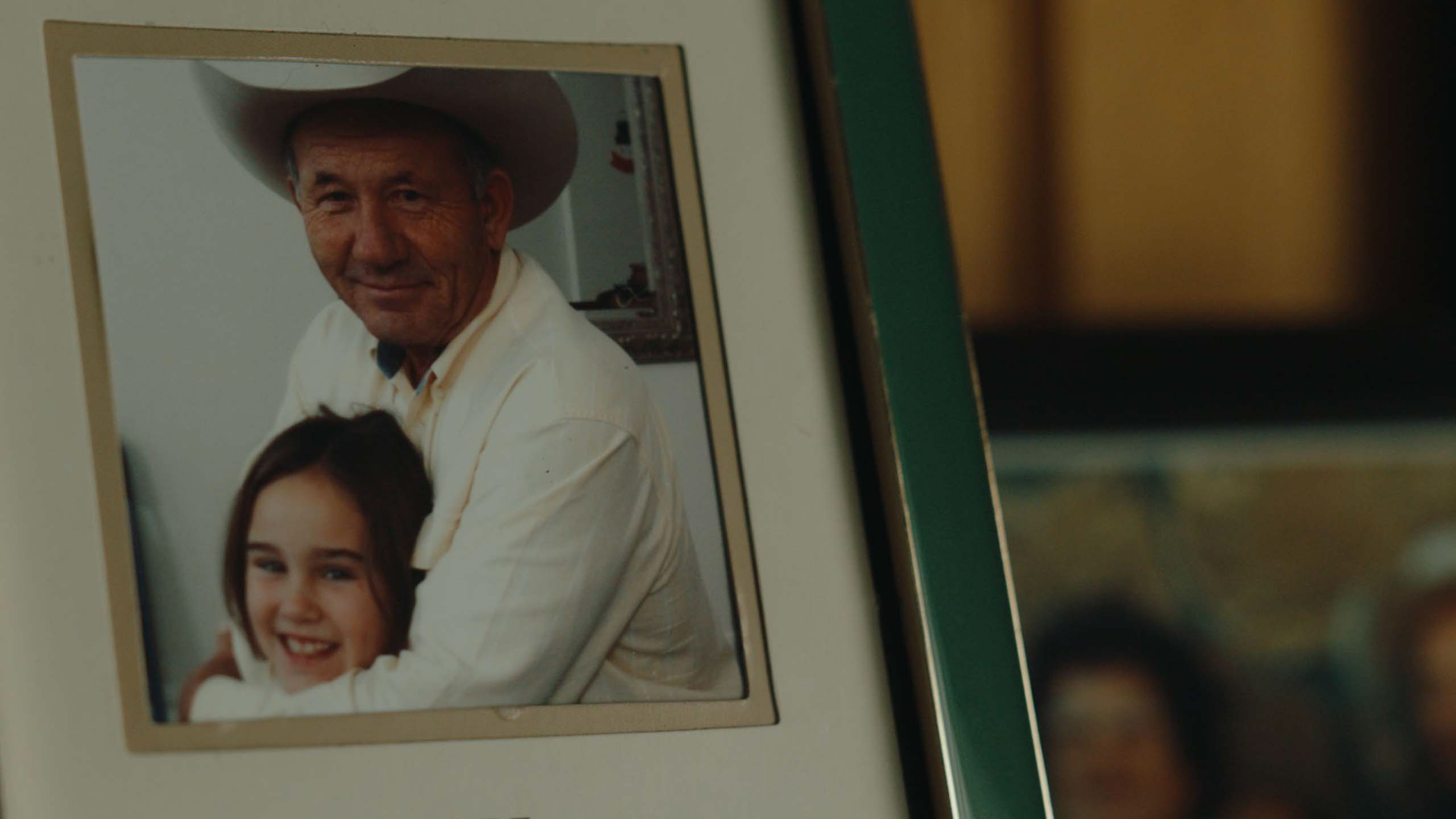
When Lazarowich was approached to co-direct, she was striking as a union member of the Writers Guild of America and available for documentary directing. She presented the Indigenous Screen Office’s On-Screen Protocols + Pathways document to the film team, which lays out how to respectfully interact with Indigenous communities when filming.
“As someone who works cross border, I find a lot of American production companies don’t know about that document, so introducing them is the first thing I do with non-Indigenous productions,” she says. “Then I have another conversation with them about how those things could be applicable to the project that they want me to come work on it.”
The Winding Path team were receptive to her recommendations, and already had co-producer Charine Pilar Gonzales on-board, who is Tewa from San Ildefonso Pueblo and Santa Fe. Lazarowich continued to Indigenize the production by bringing on Choctaw composer Samantha Crain.
She credits Crain with the thoughtful layers of music in the short doc. “The wind chimes play a very meaningful role in the film, even though you don’t know it,” she says. “There were chimes all over the farm that her grandpa had had.”
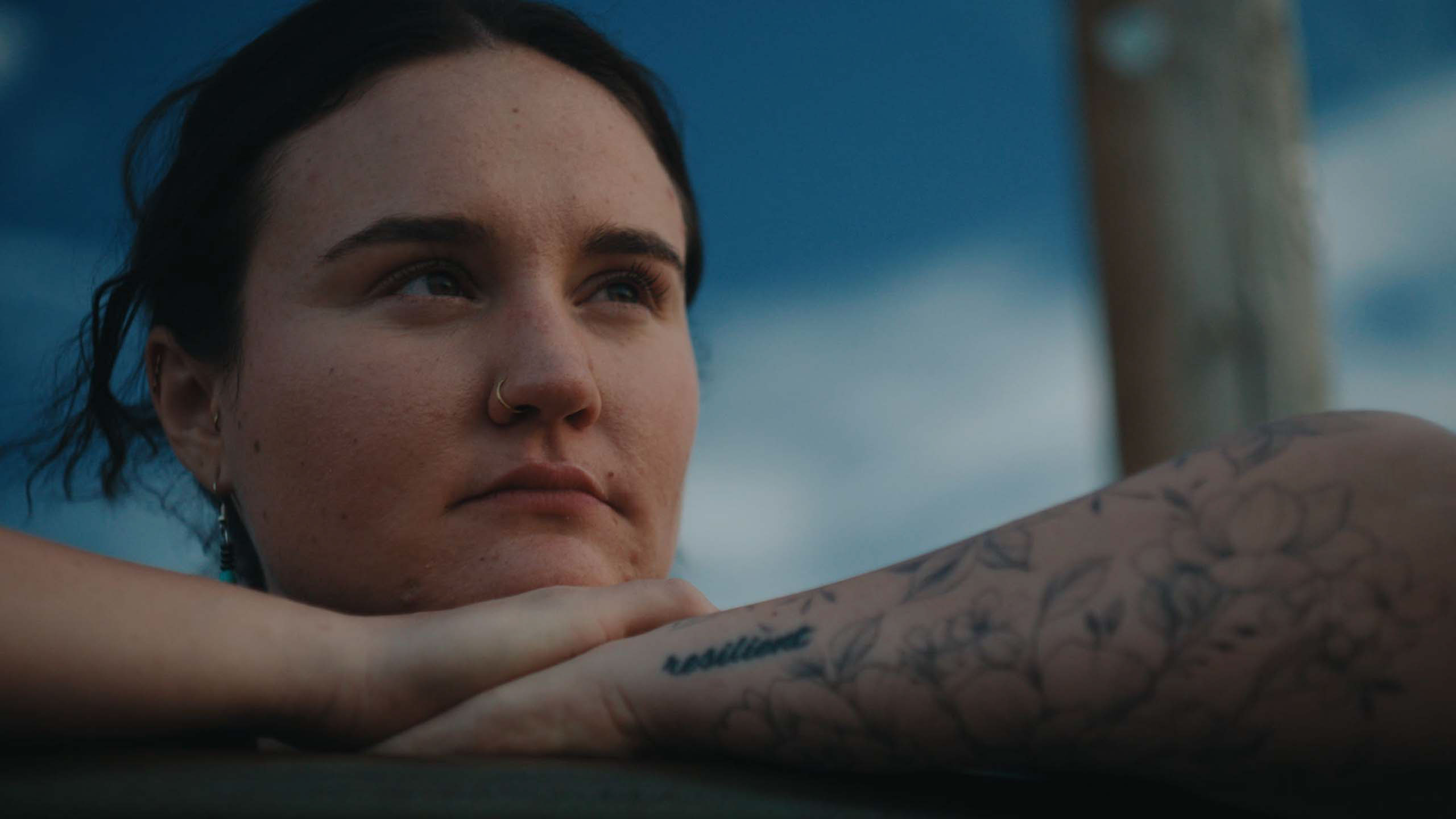
Lazarowich’s perspective can be seen in the delicate handling of Murray’s backstory, which focuses on her alcohol addiction and mental health issues. She refrains from adding more visuals of an Indigenous person struggling with substances and instead lenses the med student as reflective and grateful for what she learned during that difficult time.
“There’s a stereotype that exists about Native people who are in the throes of addiction. We thought very carefully about how we wanted to represent that,” says Lazarowich. It meant a lot of collaborating with Murray herself, with conversations about how she would be represented in the doc, and what was her threshold for sharing that tough part of her life.
Being keenly aware of how Indigenous people are depicted in film is a big part of why Lazarowich joined this documentary as co-director. She hopes it will in some small part change the public perception of the community, which unfortunately become tied to Taylor Sheridan’s fictional film Wind River. That 2017 movie told the story about Missing and Murdered Indigenous Women but prioritized the white officers who save the day.
“When you Google Wind River, a lot of stuff that comes up is the Wind River movie, and articles from 15 to 20 years ago about drug addiction and poverty—very stereotypical things that exist in the public view of what an Indian reservation is, especially in the United States and in Canada,” Lazarowich says. “My experiences of traveling to [those] communities are always the opposite of what the stereotypes are.”
During production, the film crew stayed at the casino and hotel on the reservation and Lazarowich says they were often approached by community members who expressed their excitement that they were filming the Murray family.
“It was really impactful to see what the community felt about what we were doing, even though we hadn’t gotten into Sundance yet and we were just making a short film about a girl and her family,” she recalls. “It was the exact opposite from every article you could ever read on the internet about Wind River. This [is the] version of what the Wind River community and the people from there look like and what their community is about. An exciting thing as a filmmaker is being able to help in these subtle stereotypes that exist about Native people, about who we are and where we come from.”




